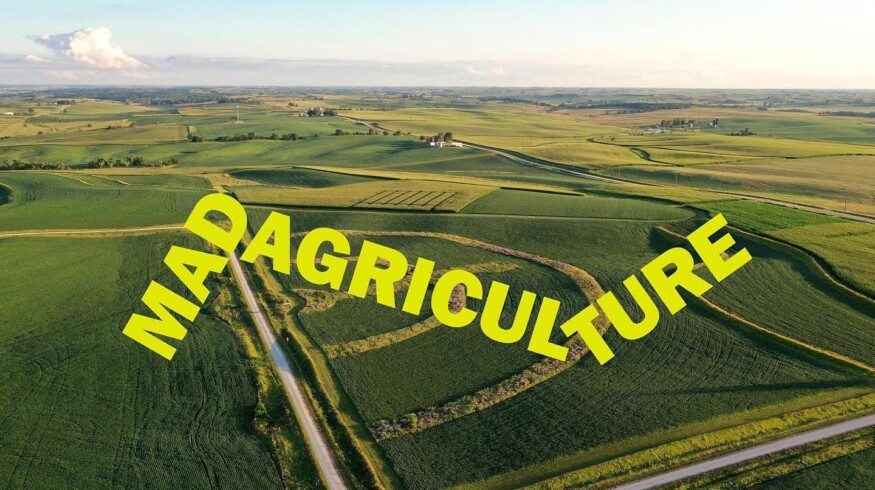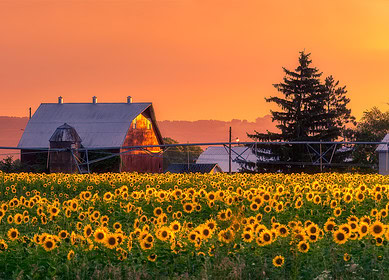Mad Agriculture acquires Timeless Seeds to expand America’s regenerative organic farming

In a push to expand the reach and impact of regenerative organic agriculture in the United States, Mad Agriculture, a Minneapolis-based nonprofit, has positioned itself as a pivotal player. This organization is dedicated to aiding American farmers in transitioning to regenerative organic practices, which not only focus on organic farming but also aim to rejuvenate soils, enhance biodiversity, and sequester carbon.
A strategic division of Mad Agriculture, Mad Markets, has set its sights on becoming the primary source for regenerative organic ingredients. This for-profit branch, recognized as a public benefit organization, plans to bridge the gap in the regenerative organic supply chain by acquiring and leveraging certified organic processing facilities. Alex Heilman, CEO of Mad Markets, emphasized the significance of owning the infrastructure that connects growers with consumers to effect real change in the food system through enhanced distribution and contractual relationships.
Last week, Mad Markets announced a significant step forward with the acquisition of Timeless Seeds, a Montana-based enterprise founded by four farmers in 1987. Timeless Seeds has been instrumental in processing and marketing organic lentils, grains, and other crops. This acquisition is viewed as a foundational move for Mad Markets to bolster its network of farms, brands, processors, and other supply chain stakeholders. The goal, according to Heilman, is to quadruple Timeless’ sales in the coming years.
Funding for this acquisition comes from a consortium of impact-focused investors, including Terra Regenerative Capital and Builders Vision, who are committed to overcoming the market and infrastructure barriers that currently limit the growth of regenerative agriculture. Kristen Moree, Senior Investment Associate at Builders Vision, highlighted the critical need for access to markets and infrastructure to foster the expansion of these sustainable practices.
The broader mission of Mad Markets and Timeless encompasses environmental objectives such as soil renewal and reducing the carbon footprint of farming by focusing on crops like lentils and beans, which are known for their lower environmental impact compared to other staples. Moreover, Mad Markets aims to enhance the traceability of these crops, improving transparency about where and how food is grown, which is increasingly demanded by consumers. This traceability not only helps with sustainability tracking but also ensures fair labor practices and equitable contracting within the food industry.
Enjoyed this story?
Every Monday, our subscribers get their hands on a digest of the most trending agriculture news. You can join them too!














Discussion0 comments